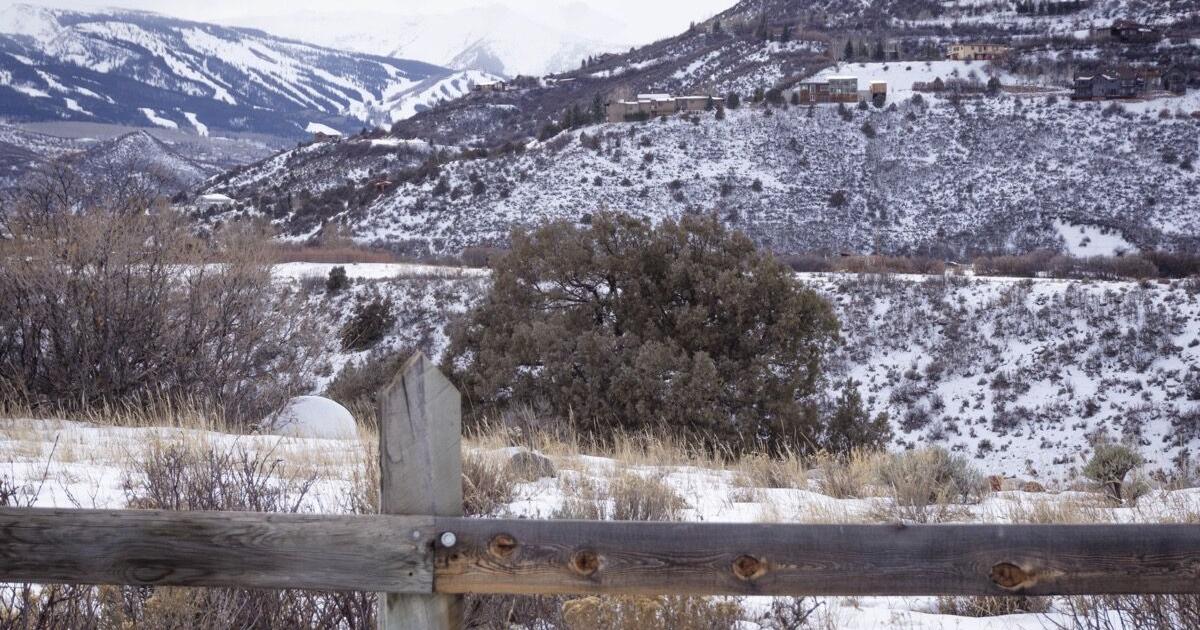
Pitkin County wants to find a long-term solution to its problem with short-term rentals, but knows it will take some trial and error.
“I know there’s concerns about private property rights, but having what I’m calling ‘hotelification of neighborhoods,’ I think, is a real concern,” Pitkin County Commissioner Patti Clapper said during the Board of County Commissioners’ regular meeting Wednesday. “It just changes the character of where people live and of our residential neighborhoods that I think are part of what makes the community the community.”
On first reading Wednesday, commissioners unanimously approved an ordinance that would require short-term rentals to be licensed with the county and in compliance with various regulations concerning the properties that have become increasingly popular in mountain-resort areas. A second reading of the ordinance and public hearing has been set for Jan. 26.
In order to receive a short-term rental license, an individual must own the property being licensed, or be in an ownership position, and maintain it as their legal and principal residence. Pitkin County’s proposed regulations also stipulate that “a person can have only one principal residence.” A short-term rental license would be valid for one year, and would need to be renewed on an annual basis with the county.
It isn’t immediately clear how much a short-term rental license would cost. A draft document outlining the forthcoming rules and regulations only stated that fees would be “designed to sufficiently cover the costs of the administration and enforcement of this Code.”
The regulations also define a short-term rental as “any dwelling unit rented, offered, leased, provided, exchanged or operated as a lodging accommodation for compensation for a period of less than 30 consecutive days.”
“I am totally in support of making it virtually impossible, if not impossible, for corporations to buy houses and then turn them into short-term rental lodges basically,” Commissioner Francie Jacober said. “I do want to make sure that we’re successful at that.”
Just as they have in the city of Aspen, short-term rental properties have become more widespread in Pitkin County during the pandemic and also have the potential to generate significant revenue; some operators charge thousands of dollars per night.
Last week, the Aspen City Council unanimously approved a moratorium on new short-term rental permits until Sept. 30, 2022, in order for the city to get a better handle on its crowded STR market.
Although many towns and cities across Colorado have already established rules and regulations governing short-term rentals, it wasn’t until recently that counties could, too.
“The problem that was being expressed to the state legislature, primarily from Summit County, had to do with the fact that this inability to license and to otherwise monitor the activity of short-term rentals within the county was hampering their ability to collect sales tax,” Pitkin County Attorney John Ely said.
House Bill 20-1093 gave each of the state’s 64 counties the ability to license and regulate short-term rentals. State Rep. Julie McCluskie and State Sen. Kerry Donovan, both Democrats whose districts include Pitkin County, were two of the bill’s four prime sponsors.
Republican State Sen. Bob Rankin, who represents Garfield County in addition to Routt, Summit and other counties with significant tourism economies, also signed on as a one of the bill’s prime sponsors.
“In my way of thinking, there’s just no perfect regulation,” Ely said. “Every regulation we have is a work in progress.”
If approved on second reading, the ordinance also would prohibit any short-term rentals on county land that is zoned Rural and Remote. Commissioners have expressed concern about the lack of emergency services accessible to those areas of the county.
Per the county’s proposed regulations, the maximum number of guests allowed to stay at a short-term rental would be directly correlated to its number of bedrooms.
“That limitation is twice, or two times the number of bedrooms that are on the property, or at least on the part of the property that is being rented — plus two,” Ely said.
Meaning, a two-bedroom short-term rental property in Pitkin County could legally accommodate up to six people.
If ultimately approved on second reading, the new licensing requirement and regulations governing short-term rentals in unincorporated parts of Pitkin County would go into effect on April 30.
Commissioners did not want the change to go into effect in the middle of ski season.
“There’s so many ways to skin this cat,” Commissioner Kelly McNicholas Kury said of short-term rental regulations. “We see it just across jurisdictions, how it can vary.”
"Short" - Google News
December 16, 2021 at 05:00PM
https://ift.tt/3sdbUvc
Pitkin County one step closer to licensing short-term rentals - Aspen Daily News
"Short" - Google News
https://ift.tt/2QJPxcA
Bagikan Berita Ini














0 Response to "Pitkin County one step closer to licensing short-term rentals - Aspen Daily News"
Post a Comment